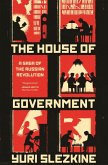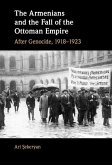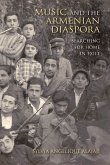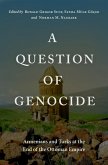In 1903 Tsar Nicholas II issued a decree allowing the confiscation of Armenian Church property, marking the low point in relations between imperial Russia and its Armenian subjects. Yet just over a decade later, Russian Armenians were fully supportive of the Russian war effort. Drawing on previously untouched archival material and a range of secondary sources published in English, French, Russian and Turkish, this is the first English-language study of this drastic change in relations in the Caucasus. Onur Onol explains how and why the shift took place by looking in detail at the imperial Russian authorities and their relationship with the three pillars of the Russian Armenian community: the Armenian Church, the Armenian bourgeoisie and the Armenian Revolutionary Federation (Dashnaktsutiun). Onol places the evolution within a context of wider political questions, such as the Russian revolutionary movement, Russia's nationalities question, Tsarist fears of pan-Islamism, the path to World War I and the influence of key characters in Russian policy making, from Pyotr Stolypin to Illarion Vorontsov-Dashkov.This book fills a conspicuous void in the extant historiography, and will be of interest to scholars working on Russian, Armenian and Ottoman history.
Bitte wählen Sie Ihr Anliegen aus.
Rechnungen
Retourenschein anfordern
Bestellstatus
Storno









